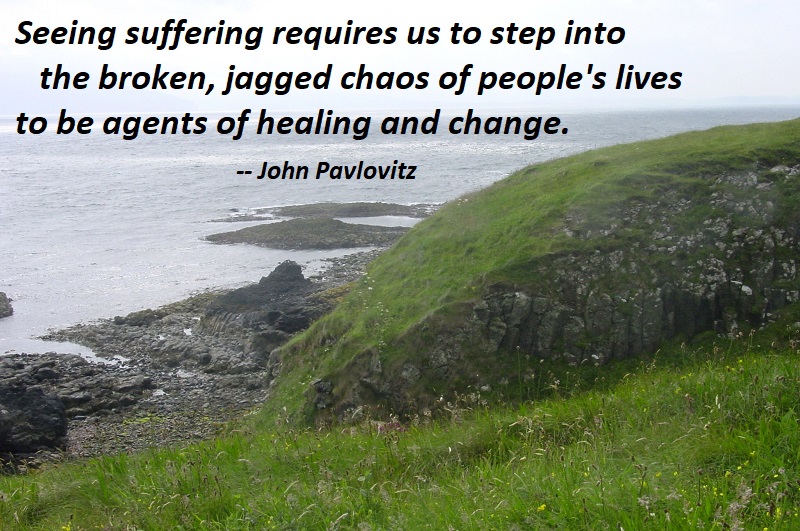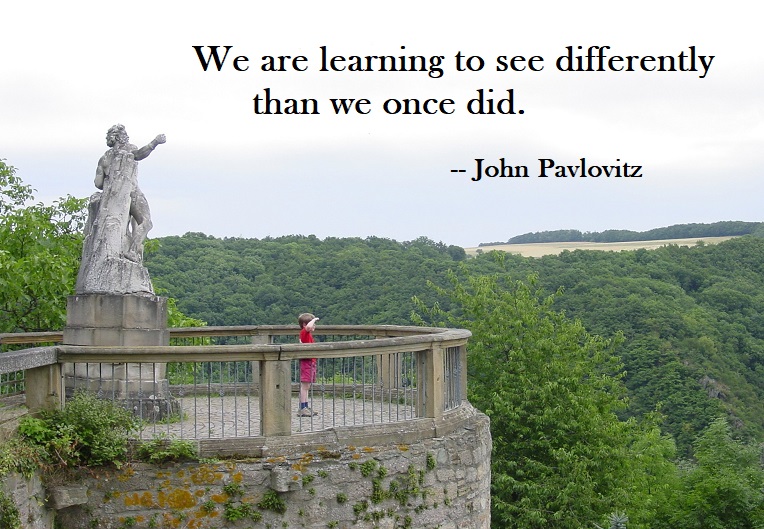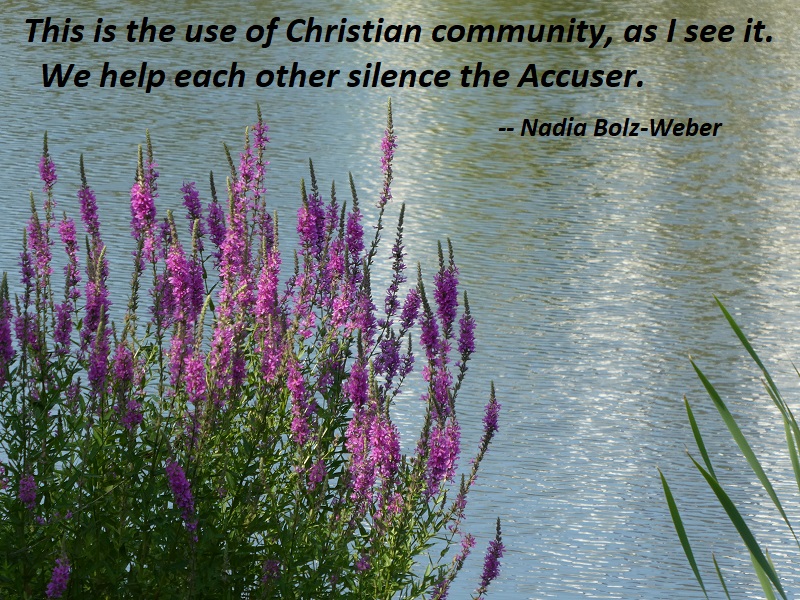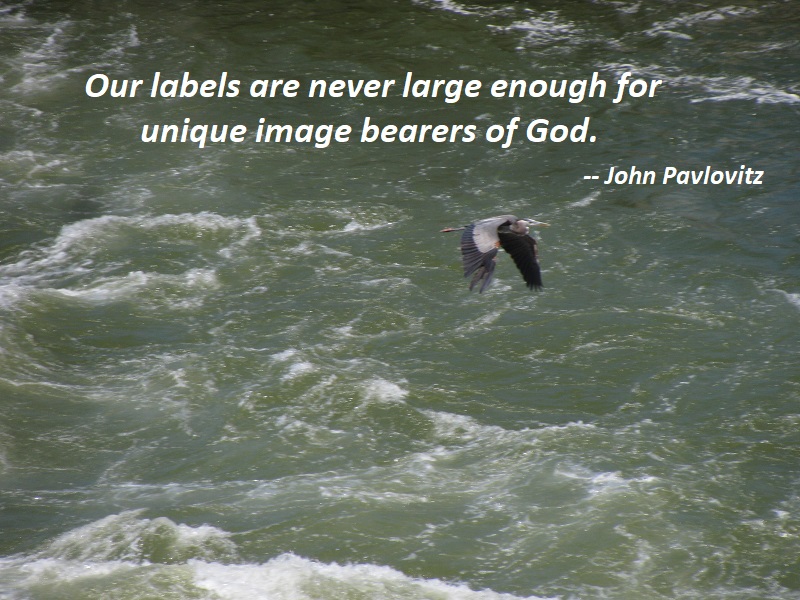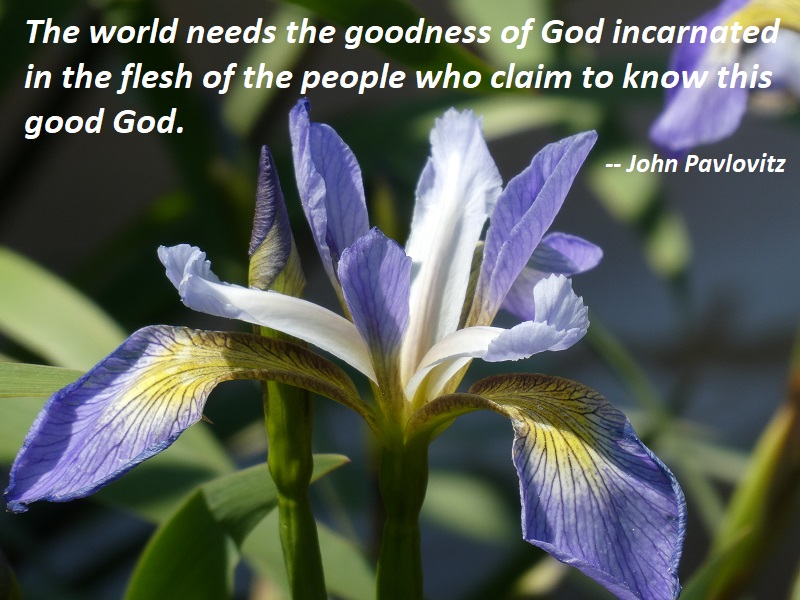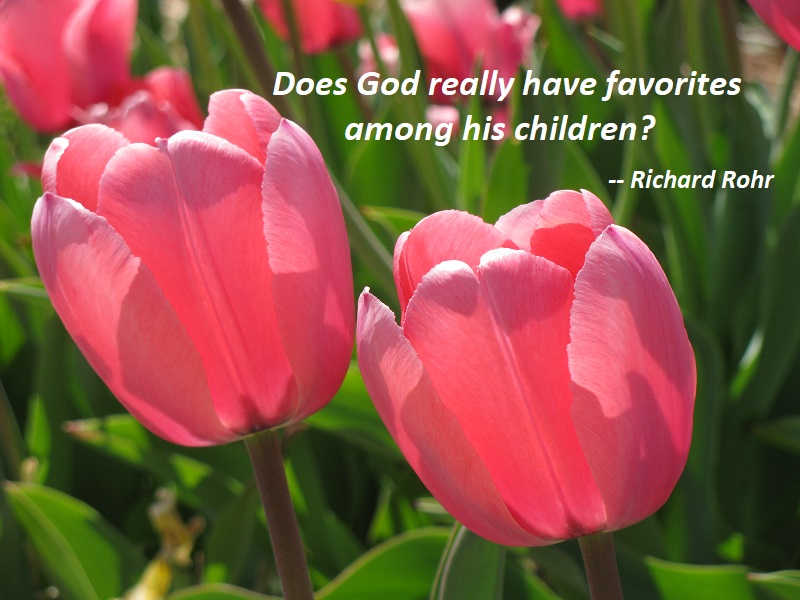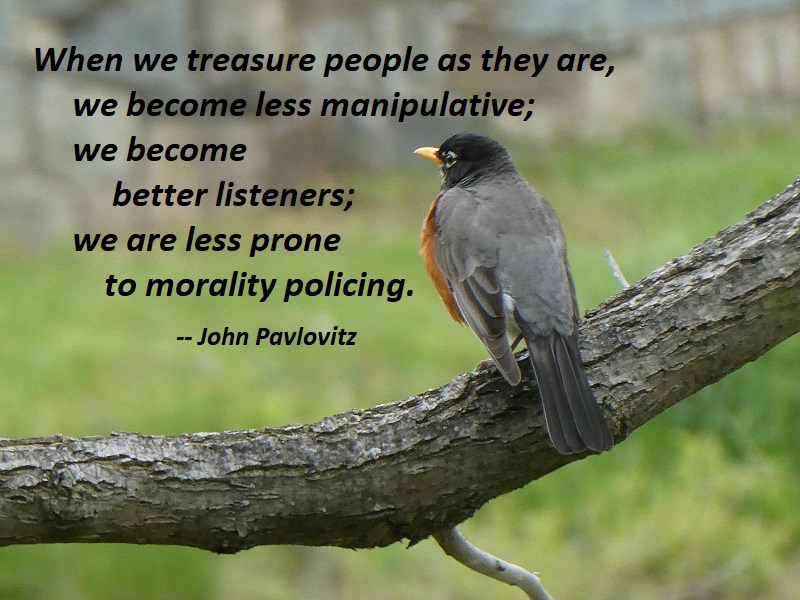Sharing Life
As people watched how they lived, how they faithfully cared for one another, how they embraced diversity, how they lifted one another up, they noticed that they resembled Jesus. The believers began to claim ownership of the name Christian and to redefine the word and themselves, precisely because of their bigger table.
This was far more radical than we can really appreciate today. In a culture reinforcing the sharply drawn lines between people — the lines of religion, ethnicity, nationality, and gender — the followers of Jesus were erasing the lines, knocking down walls, and pulling up chairs. The incredibly narrow “chosen people” of the Old Testament tradition was now giving way to a far more expansive new “kingdom people” based solely on their faith in Jesus. As the apostle Paul would describe, in their tribe, there were no longer any divisions that mattered more than what grafted them together in redemptive community (Gal. 3:26-29). They were one body with disparate but equally necessary members. Their primary commonality was Christ. He became their peace. To be Christian meant to willingly cast aside any idea that another was unworthy to share in fellowship; it was to give up the moral evaluations and preconceptions they may have had before. When we look back at the table of Jesus, this early Christian community really shouldn’t surprise us because he was pointing toward this day the entire time, as he met with lepers and Pharisees and tax collectors and street people. The early Church wasn’t doing anything in its infancy other than replicating his life together with those in their midst. In the two thousand years since then, we’ve added a great deal around this idea, cumbersome layers of tradition and doctrine and pageantry, and yet these are the things we could easily discard and still have the essence of the Church. We would still have people sharing life.
— John Pavlovitz, A Bigger Table, p. 134-135
Photo: South Riding, Virginia, September 4, 2020

